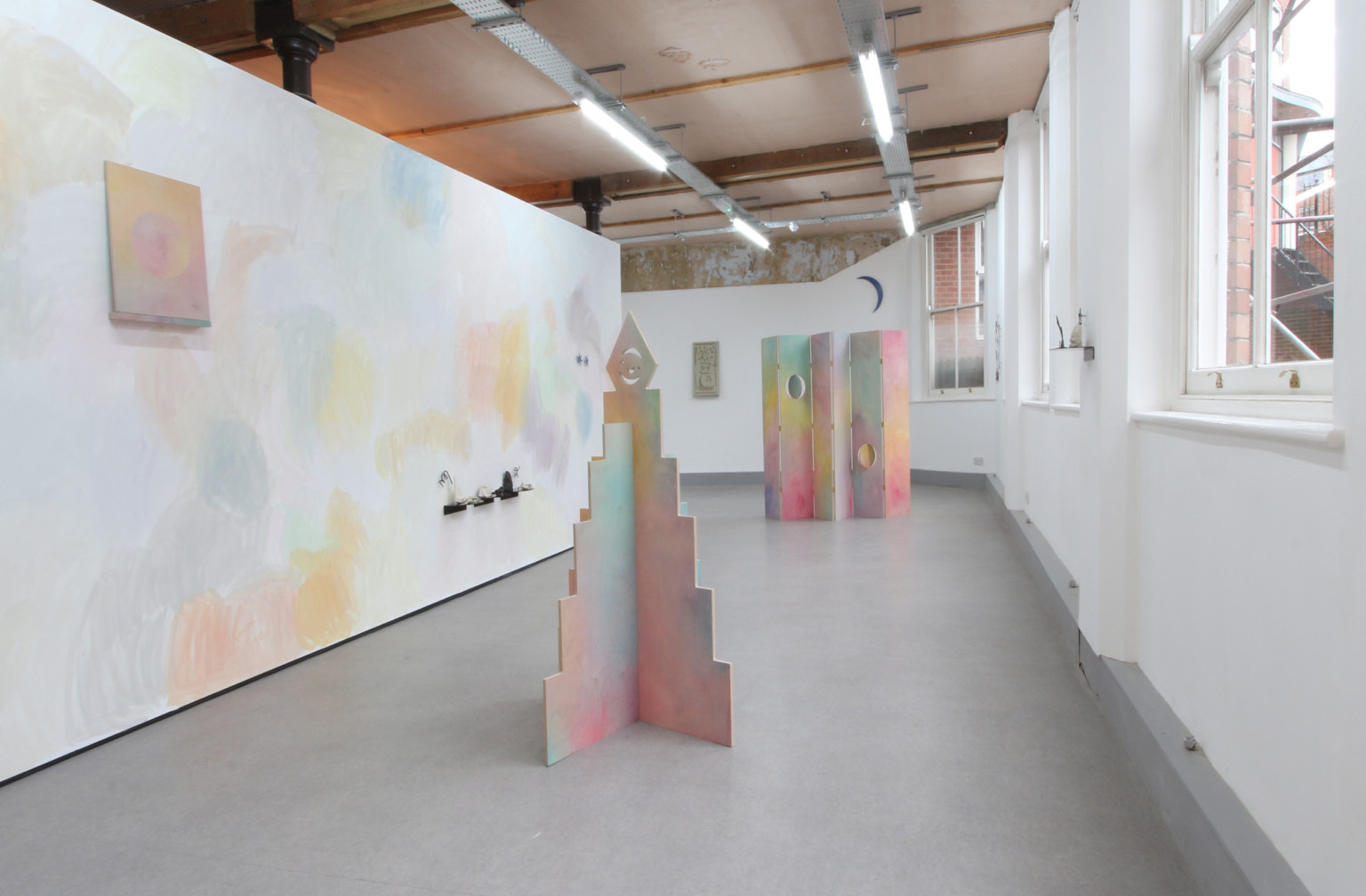Next steps: The Centre for International Women Artists (CIWA)
In this profile, Ellen Wilkinson speaks to artist, designer and writer Mei Yuk Wong of Manchester-based supportive network The Centre for International Women Artists.
Collective action hit the art headlines at the end of 2019 when that year’s four Turner Prize nominees formed a collective to split the award and share its £40,000 prize equally.
But collective and collaborative practice is nothing new. Artist-led projects have always worked in this way, sharing time, skills, resources, knowledge and labour.
Now, with already uncertain times rocked even further due to the Covid-19 pandemic and its social, economic and cultural fallout, the benefits of working collaboratively are perhaps more vital than ever.
The Centre for International Women Artists (CIWA) is a Manchester-based supportive network with and for artists based in the North West of England. Its members include refugees, those seeking asylum and other migrant women with direct experiences of journeying or displacement.
CIWA’s roots are in the 2018 project Travelling Heritage Bureau, initiated by Digital Women’s Archive North (DWAN), a feminist arts and heritage organisation which supports women’s practice and addresses social inequalities. The Bureau aimed to identify, document and share the art and cultural heritage of 20 international women visual artists, to demonstrate how arts practice can function as documentation and living memory. The project also aimed to ensure that work, methods and knowledge of migrant practitioners are included in a broader narrative of British heritage.

“As the project drew towards a close, most of us decided that we would like to stay together and develop new work,” explains artist, designer and writer Mei Yuk Wong. Using the remaining funding, the group rented a space at St Peter’s House, Manchester, creating an openplan studio for 15 artists and a gallery in which to show work and deliver events and workshops.
The group works across a variety of media and formats including writing, conversations, residencies, archives, sonic works, film and photography. Despite the differences in members’ backgrounds and media, Wong explains that the “‘sisterhood’ working relationship” they have developed means they feel comfortable sharing both personal experiences and artistic practice. “We learn from and support each other, and our shared working space allows us to maximise our knowledge, resources, skills and network.”
Working collectively as an international group comes with its challenges. “As 15 artists it can take time to make decisions,” says Wong. “It’s essential to compromise, even if that sometimes means that the outcome isn’t ideal. There are also communication issues, including language and cultural differences. But working together only strengthens our bond as a collective.”
CIWA hosts regular poetry nights and family workshops and has a partnership with ArtReach’s Journeys Festival International. “Collaboration and partnerships are a priority for us,” says Wong. Some of CIWA’s members worked with Cuban artist and activist Tania Bruguera’s School of Integration for Manchester International Festival in 2019; others are currently participating in the GUILD programme at East Street Arts.
In 2019, CIWA presented the exhibition ‘The Mothers of Tiananmen’ at their St Peter’s House gallery. The show responded directly to women’s creative resistance and voice, framed by the 30th anniversary of the Tiananmen Square massacre, in which many mothers lost children and families continue to fight for justice.
Due to Covid-19, CIWA is currently working on an online, virtual exhibition: “It will help us keep calm and keep progressing,” says Wong. The group is also continuing its work with Ort Gallery, Birmingham for two joint exhibitions in 2020 and 2021, and is planning a wellbeing and social prescription programme for GP surgeries.
Before coronavirus, every Wednesday two CIWA members ran an event for artists to “get together, have a chat and a cuppa while making art”. Wong continues: “Our regular socials are a chance to catch up, share information and have lunch together. Everyone brings a dish.” Such simple, shared experiences will be more important than ever in a post-pandemic world – and so too will the benefits of working collectively.
Interview by Ellen Wilkinson
Images:
1. The Centre for International Women Artists. Photo Roxana Alison
2. Mei Yuk Wong, Who is stronger? The Man or the Tank? mixed media, 1999 and 2019, variable dimensions.






